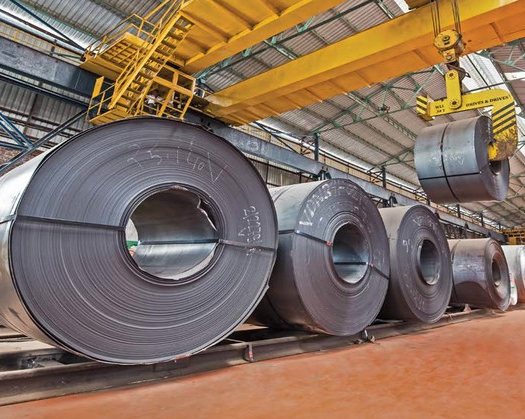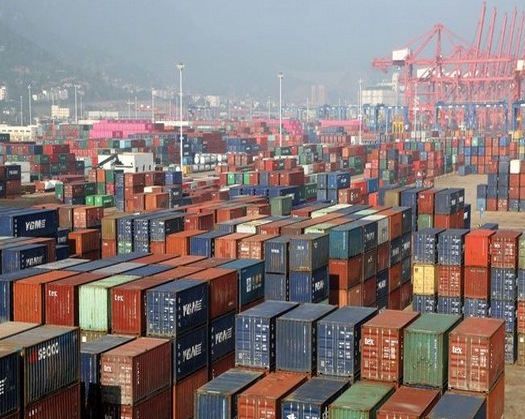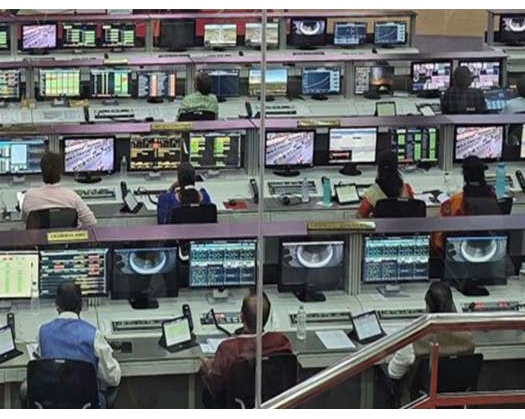New Delhi: The steel industry in India is poised for significant expansion over the forthcoming years, with projections indicating the addition of approximately 23 million tonnes (MT) of crude steel capacity between the fiscal years 2024 and 2027, as per a report by Nomura.
According to the analysis, the industry is expected to exhibit a compound annual growth rate (CAGR) of 4.8 percent. This growth trajectory aligns with the industry's historical average growth rate from the fiscal years 2015 to 2024.
Despite this anticipated increase in capacity, industry experts are optimistic about the sector's future prospects.
"It is estimated that India's steel sector will witness the addition of around 23 million tonnes of crude steel capacity between the fiscal years 2024 and 2027, at an implied CAGR of 4.8 percent, in line with the average growth rate observed from the fiscal years 2015 to 2024," the report states.
The analysis further highlights that the major steel companies, including JSW, JSPL, Tata Steel, and ArcelorMittal & Nippon Steel, are expected to play a pivotal role in this capacity expansion, with an estimated 87 percent of the new capacity being contributed by these entities. However, the report acknowledges that a substantial amount of capacity is anticipated to be introduced over the next three fiscal years.
JSW Steel is projected to increase its capacity by 7 million tonnes by the fiscal year 2028, at a compound annual growth rate of 5 percent, as per the report. Similarly, JSPL is expected to add 6.3 million tonnes of capacity by the fiscal year 2027, at an annual growth rate of 18 percent.
The report also suggests that even under a conservative scenario of a 6 percent compound annual growth rate in steel demand from fiscal year 2024 to 2027 (compared to an average of 7 percent over the preceding five years), the capacity additions are likely to lag behind the demand growth during this period. This could lead to an enhancement in the domestic supply-demand balance, thereby reducing the reliance of steel companies on exports for volume expansion.
"An improvement in the domestic supply-demand fundamentals by the fiscal year 2027 would indicate a reduced dependence on exports for volume expansion," the report concludes.
India's steel enterprises are strategically positioned within the international metals sector, as per analysts. These entities enjoy a competitive advantage due to their operations at the lower segment of the global cost curve, primarily attributed to reduced labor expenses. Furthermore, the costs of iron ore in India remain competitive against other nations, even for those not fully integrated in the steel production process.
The anticipated expansion of India's steel sector is projected to be predominantly fueled by brownfield projects, which involve the enhancement or expansion of existing facilities. Additionally, robust domestic demand is expected to play a significant role in diminishing the sector's dependence on international exports.
Over the recent years, India's steel output has experienced a compound annual growth rate (CAGR) of 6 percent between 2019 and 2023, significantly surpassing China's modest growth rate of 1 percent and the global average decline of 1 percent. Given these circumstances, Indian steel companies are regarded as among the most favorably positioned in the global market, presenting considerable growth prospects in the forthcoming years.
"We concur that Indian steel majors are among the most well-placed producers globally," the report affirmed.









